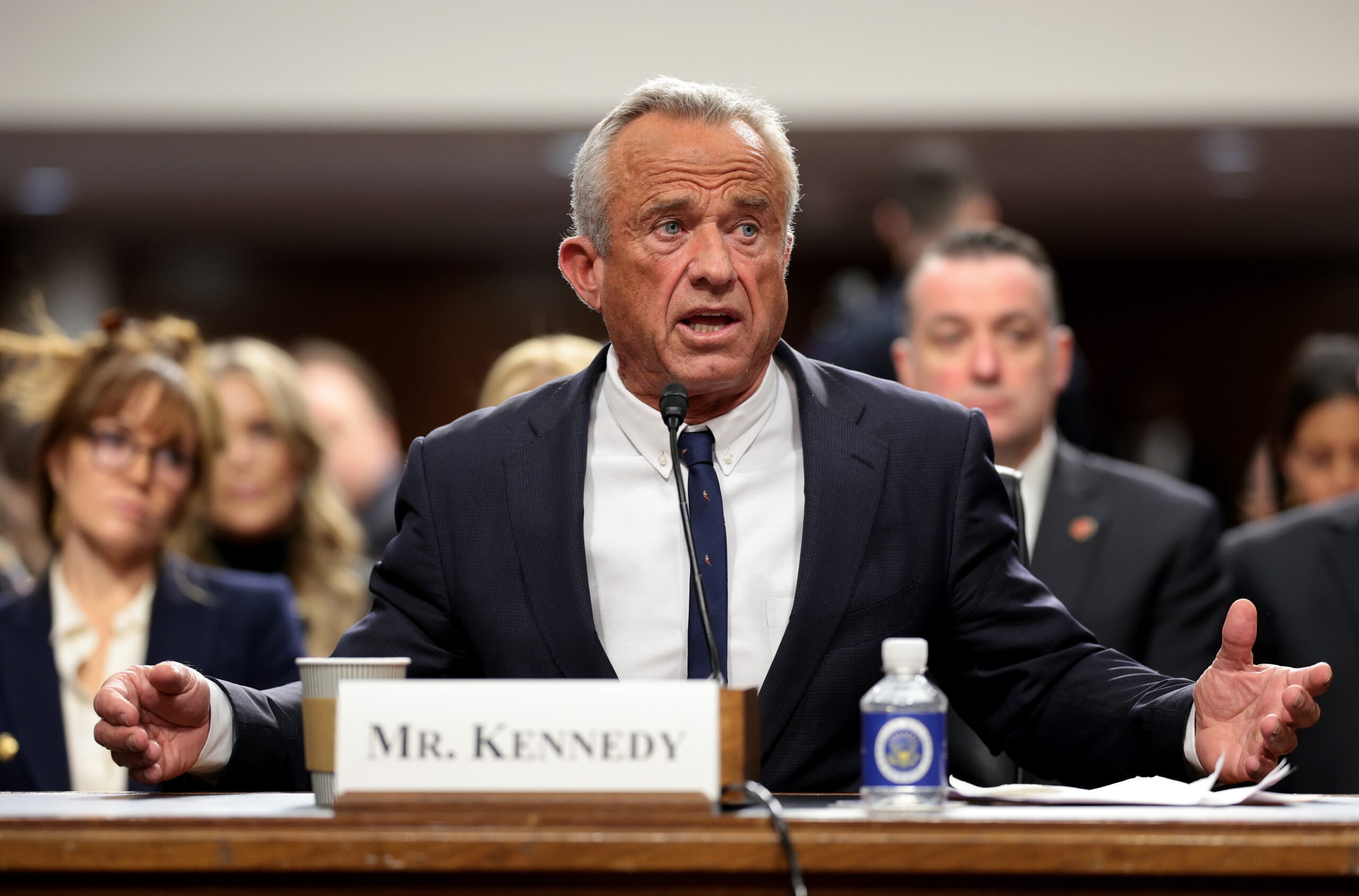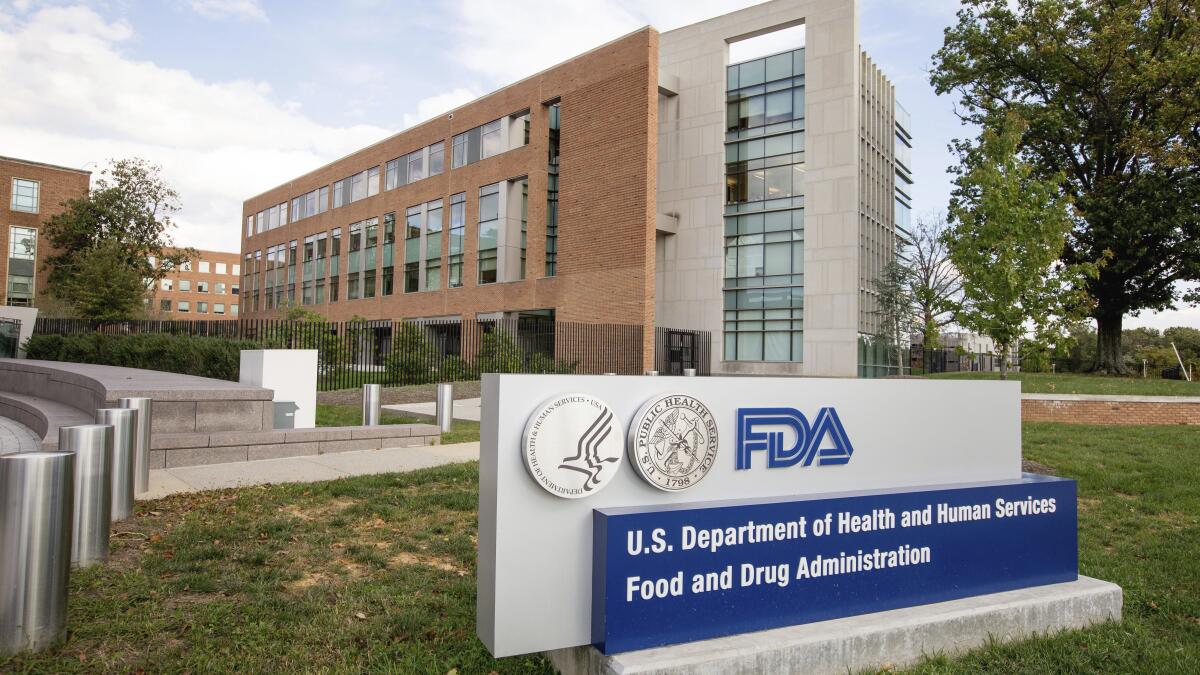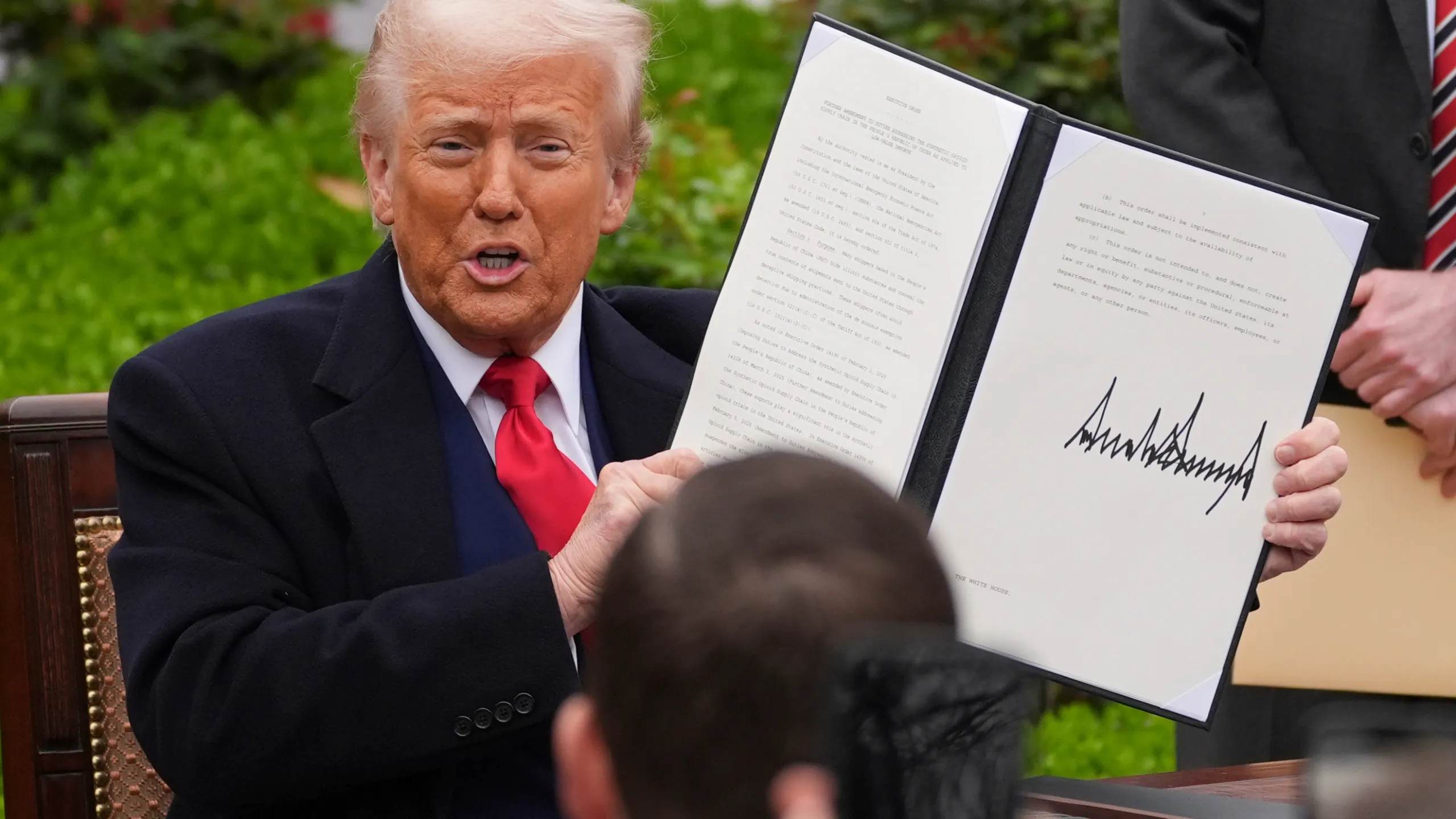
An Exciting Turning Point in US Healthcare Policy
The landscape of American healthcare is on the verge of a significant transformation with the appointment of Robert F. Kennedy Jr. to lead the reform of the United States Preventive Health Commission. This move marks a pivotal moment in the country’s approach to preventive medicine, public health initiatives, and policy reforms. Kennedy, a well-known advocate for health freedom and alternative medicine, brings a unique perspective driven by decades of activism and a commitment to safeguarding individual health rights.
Background of Robert F. Kennedy Jr. and His Vision
Robert F. Kennedy Jr. is a renowned figure in the realm of environmental activism, legal advocacy, and public health debates. Over the years, he has challenged mainstream medical and governmental policies, advocating for more transparent, patient-centered approaches to healthcare. Kennedy’s vision for the future of preventive health emphasizes personalized care, holistic wellness, and scientific integrity.
His leadership in this reform initiative signals a potential shift away from heavily pharmaceutical-driven prevention strategies towards more natural, sustainable, and scientifically robust methods. Kennedy’s approach will likely integrate alternative preventative practices with rigorous scientific evaluation, fostering a more inclusive and balanced healthcare ecosystem.
Implications of the Appointment for US Public Health Policy
Transforming Preventive Strategies
- Rethinking Vaccination Policies: Kennedy’s stance often challenges conventional views on vaccination protocols, advocating for informed consent and personalized health decisions.
- Focus on Environmental and Lifestyle Factors: Emphasizing the role of environment, diet, exercise, and mental health in disease prevention.
- Encouraging Alternative Medicine: Supporting integrative health practices that include herbal remedies, acupuncture, and other holistic approaches.
Potential Challenges and Criticisms
While Kennedy’s appointment is promising for many health advocates, it is not without controversy. Critics argue that some of his views diverge from standard scientific consensus, raising concerns about the potential risk of undermining vaccination efforts or promoting unproven treatments. Balancing innovation with scientific rigor will be crucial during his leadership.
Broader Impact on Healthcare Reform
With Kennedy at the helm, this reform initiative could lead to:
- Policy Overhauls: Revision of guidelines for preventive health screenings and interventions.
- Enhanced Public Engagement: More transparent communication between health authorities and the public regarding health choices.
- Research and Funding: Increased emphasis on studying alternative health modalities and their efficacy.
The reform can potentially reduce long-term healthcare costs by emphasizing prevention rather than treatment of advanced diseases, thereby improving overall population health.
Why This Matters Now More Than Ever
The current global health landscape has underscored the importance of robust and adaptable preventative health systems. With emerging infectious diseases, rising chronic conditions, and environmental health challenges, Americans need a comprehensive strategy that prioritizes prevention at its core. Kennedy’s leadership offers an opportunity to rethink outdated policies and foster a more holistic, effective approach.
What’s Next in the Reform Journey?
The upcoming months are expected to be critical as Kennedy begins charting the path forward. Key areas of focus will likely include:
- Review and Revise Existing Policies: Analyzing current guidelines for preventive care and introducing evidence-based modifications.
- Stakeholder Engagement: Collaborating with medical professionals, researchers, policymakers, and the public to form a consensus on reforms.
- Platform for Innovation: Building programs that support lifestyle medicine, nutritional interventions, and environmental health initiatives.
This inclusive approach aims to generate comprehensive and sustainable health strategies—moving beyond the traditional reactive treatment models to proactive, personalized prevention.
Public and Political Reactions
The appointment of Robert F. Kennedy Jr. has elicited diverse reactions across political and public spheres. Supporters hail this as an innovative step toward reclaiming health sovereignty and embracing alternative health solutions. Critics, however, caution against potential undermining of established vaccination and disease prevention programs.
Nonetheless, Kennedy’s appointment emphasizes the need for a balanced and scientifically grounded discussion in health policy, fostering an environment where innovation meets rigorous validation.
Conclusion
The appointment of Robert F. Kennedy Jr. to lead the reform of the US Preventive Health Commission signals a bold move towards reimagining how the nation approaches health and wellness. As this initiative advances, it could catalyze a more holistic, inclusive, and effective preventative health framework—shaping the future of American healthcare for generations to come.
As we await further developments, one thing remains clear: the future of preventive health in the United States may never be the same again.
For more updated news please keep visiting Prime News World.









